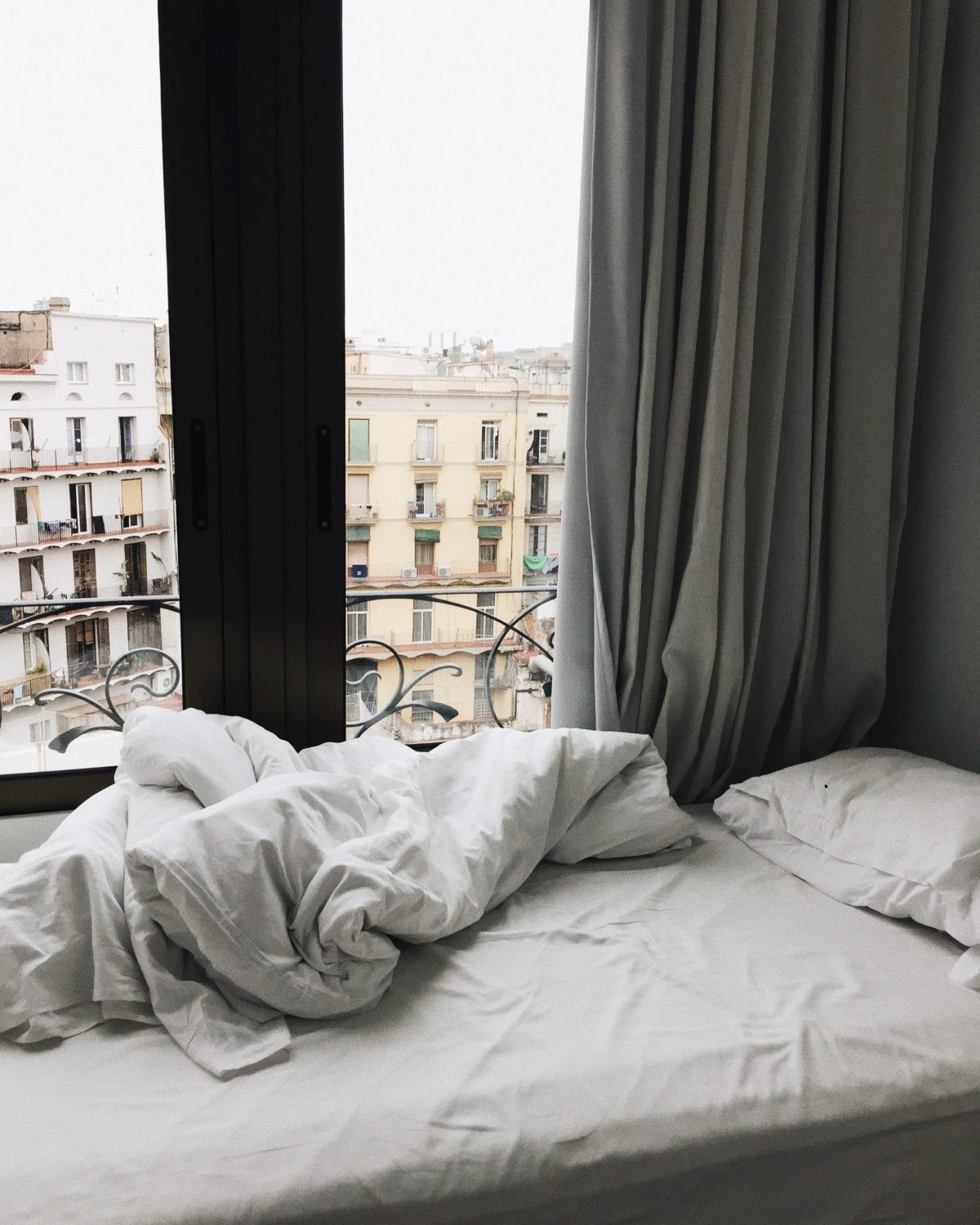
There are few things better in life than a good night’s sleep. Not only will you feel refreshed the next day, but you will also find that a good night’s sleep is extremely beneficial for your health. Sleep is when the body rests and recovers and is considered by health professionals to be as important as exercise and a healthy diet.
The Health Benefits of Good Sleep
There are numerous physical and mental health benefits to getting good sleep on a regular basis. A few of the most notable health benefits include:
- Lower risk of heart disease
- Stronger immune system
- Lower inflammation
- Better mental functioning
- More energy
- Better calorie regulation
- Lower weight gain risk
- Better memory
Despite the number of physical and mental health benefits of good sleep, it is an area that many people struggle with and/or neglect. Often, this comes down to bad habits and this is why it is so important for people to have a good routine at night that will help them to drift off and stay asleep. So, what does a healthy nighttime routine look like?
Go to Bed at the Same Time
As a routine, you should get into the habit of going to bed at the same time. Keep in mind that adults should get 7-9 hours of sleep each night, so you need to work out what a suitable time would be for you depending on when you have to get up.
Avoid Screens Before Bed
These days, one of the biggest mistakes that people make when it comes to sleep is using screens all the way up until bedtime and even in bed. Screens emit a blue light that can mess with your internal clock, plus they are likely to keep your brain active and engaged making it harder to drop off. Therefore, you should avoid using screens 30 minutes or an hour before bed.
Take Out Contacts
It is also important to take out your contact lenses both in terms of health and signalling that it is the end of the day and time for sleep. According to contact lenses specialist Lenstore, “Sleeping with contact lenses can cause damage to your eyes as the lenses dry out and reduce the amount of oxygen reaching your corneas, greatly increasing the risk of infection and other complications. While there are special long-term lenses which you can sleep in, this must be done under the strict guidance of your optician.”
Find Ways to Unwind
It is also important to find ways to unwind and relax – you should never go to bed if you are not tired. A few ideas worth trying include meditation, yoga or reading.
Sleep is incredibly important for our health and well-being and can impact just about all areas of life, so it is important to develop a routine that will help you to get a good night’s sleep each night.







